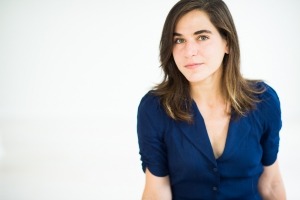
I worked as an English teacher at a failing high school in the Mississippi Delta before arriving at the University of Virginia. Nearly all of my high-school students were of color and qualified for free or reduced price lunch: I can count the exceptions to this rule on a single hand. More than half of the female students in my classes graduated from or left high school with at least one child, and my daily headcount too often depended upon sentences in juvenile detention, or worse.
Suffice it to say that the student body at the University of Virginia, an elite public institution that largely educates the children of professionals, has little in common with those who helped me craft my earliest and most abiding pedagogical principles. Despite these differences, both experiences have shown me that good teaching does not depend upon academic level and that the classroom can serve as a powerful laboratory for participatory democracy.
Due to these experiences, the hands-on, collaborative, and wildly ambitious pedagogical imagination at the core of the Engagements proposal drew me to the program. Two main goals guide my teaching. On the pedagogical side, using the tenets of cultural and literary study, I urge my students to view aesthetic objects as entangled in a complex web of meanings, historical contexts, and relationships that require consideration from multiple perspectives and methodologies. But for me, teaching also has material consequences on my students’ lives and the lives of those with whom they interact.
Beyond the content I convey, I aim to teach my students to think critically and creatively about the local and global systems in which they are imbedded while also urging them to consider possibilities to be realized outside these systems. I consider my courses a success when my students acquire the ability to consider the different viewpoints that can be brought to bear on cultural artifacts and to resist the urge to overlook the way something is said—its packaging—when considering its message. Most of all, I hope my classes will give them the courage to speak.

